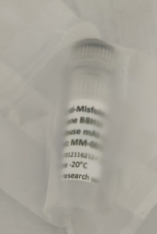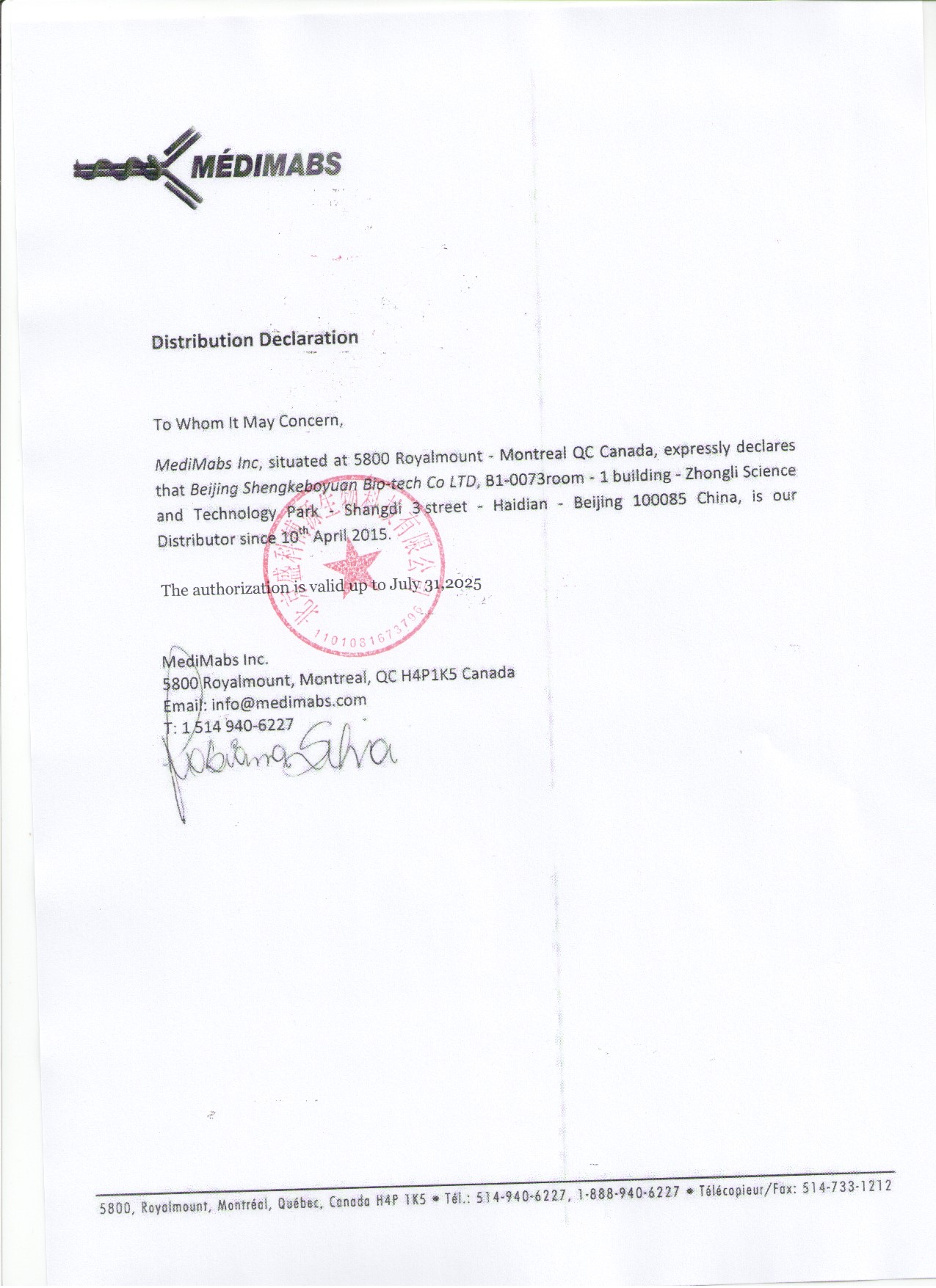 首页>
生物试剂
首页>
生物试剂
商家描述
商家资质信息
产品评价(0)
Target
DICER
Target background
Dicer is an endoribonuclease which has two RNase III domains and one PAZ domain and belongs to the highly conserved family of dsRNA-specific endoribonucleases RNase III family. Dicer plays important roles in RNA processing, post-transcriptional gene expression control and defense against viral infection. Synthesis of proteins can be blocked by RNA in a process known as RNA interference and for this process to happen; three important events have to occur. First, DICER processes dsRNA into smaller fragments known as short interfering RNAs (siRNAs) and microRNAs (miRNAs). Second, a dsRNA binding protein recruits a DICER-siRNA complex to Argonaute2 (Ago2), which is an endonuclease capable of degrading messenger RNA (mRNA). Third, Dicer facilitates the formation of a large multiprotein complex called RISC (RNA-Induced Silencing Complex). RISC can seek out and capture messenger RNA (mRNA) molecules with a base sequence complementary to that of its siRNA or miRNA. This serves to either destroy the genetic message carried by the mRNA outright or else block the subsequent synthesis of a protein.
Specificity
The antibody recognizes isoforms 1 and 2 of DICER.
Clone ID
---
Preservative
None
Format
Immunogen affinity purified, stored in PBS pH7.4 and lyophilized.
Recommend starting dilution
If reconstituted with deionized water in 50 µl: WB: 1:1000 – 1:3000. Optimal dilution has to be determined by the user.
Limitations
Research Use Only
Storage
Lyophilized antibodies can be kept at 4ºC for up to 3 months and should be kept at -20ºC for long-term storage (2 years). To avoid freeze-thaw cycles, reconstituted antibodies should be aliquoted before freezing for long-term (1 year) storage (-80ºC) or kept at 4ºC for short-term usage (2 months). For maximum recovery of product, centrifuge the original vial prior to removing the cap. Further dilutions can be made with the assay buffer. After the maximum long-term storage period (2 years lyophilized or 1 year reconstituted) antibodies should be tested in your assay with a standard sample to verify if you have noticed any decrease in their efficacy. To limit antibody loss or degradation, BSA (final concentration 1%) and sodium azide (final concentration 0.02%) can be added to the suggested first dilution. It is important to first verify if those preservatives are compatible with your assay.
References
 会员登录
会员登录.getTime()%>)
 购物车()
购物车()

 成功收藏产品
成功收藏产品
